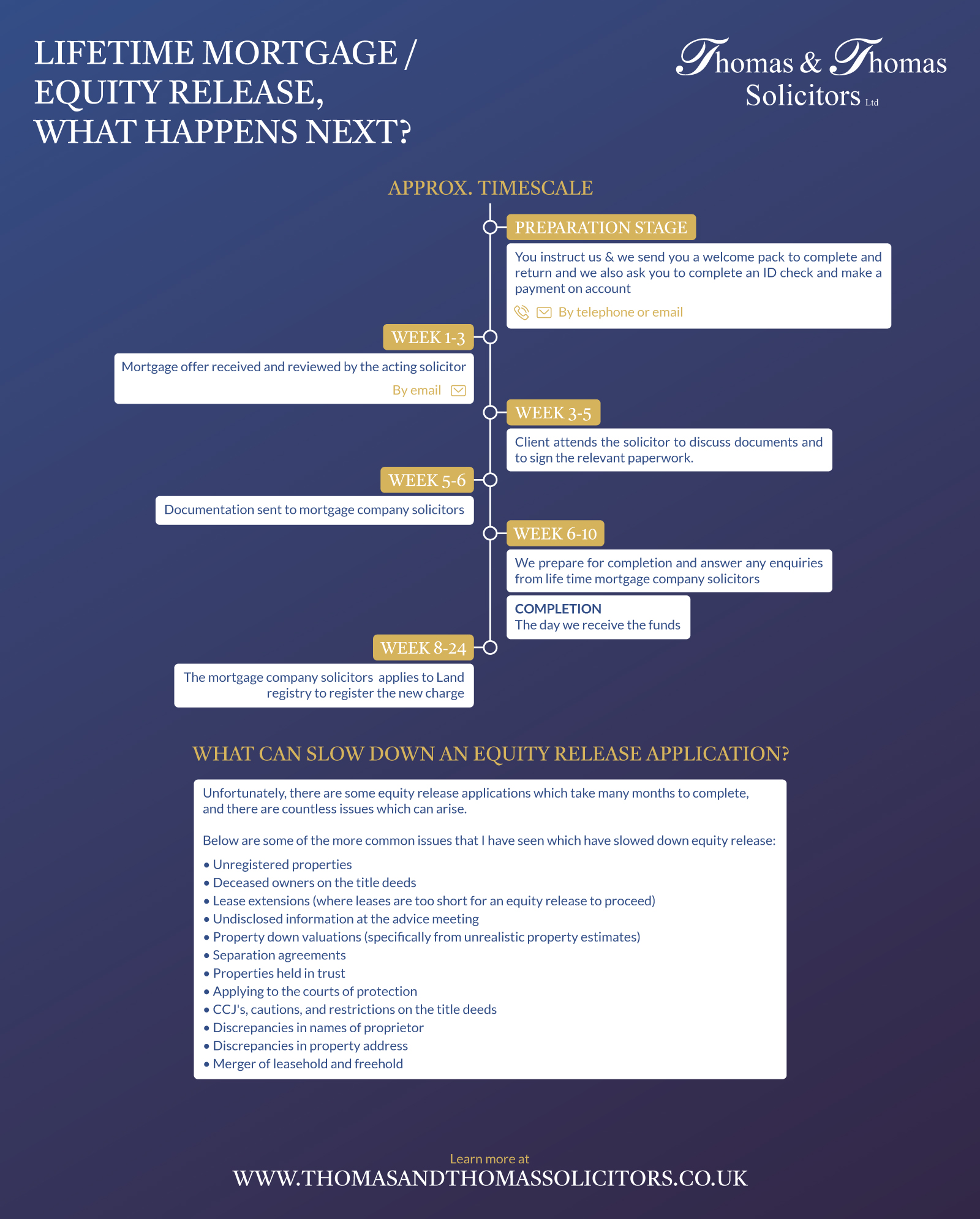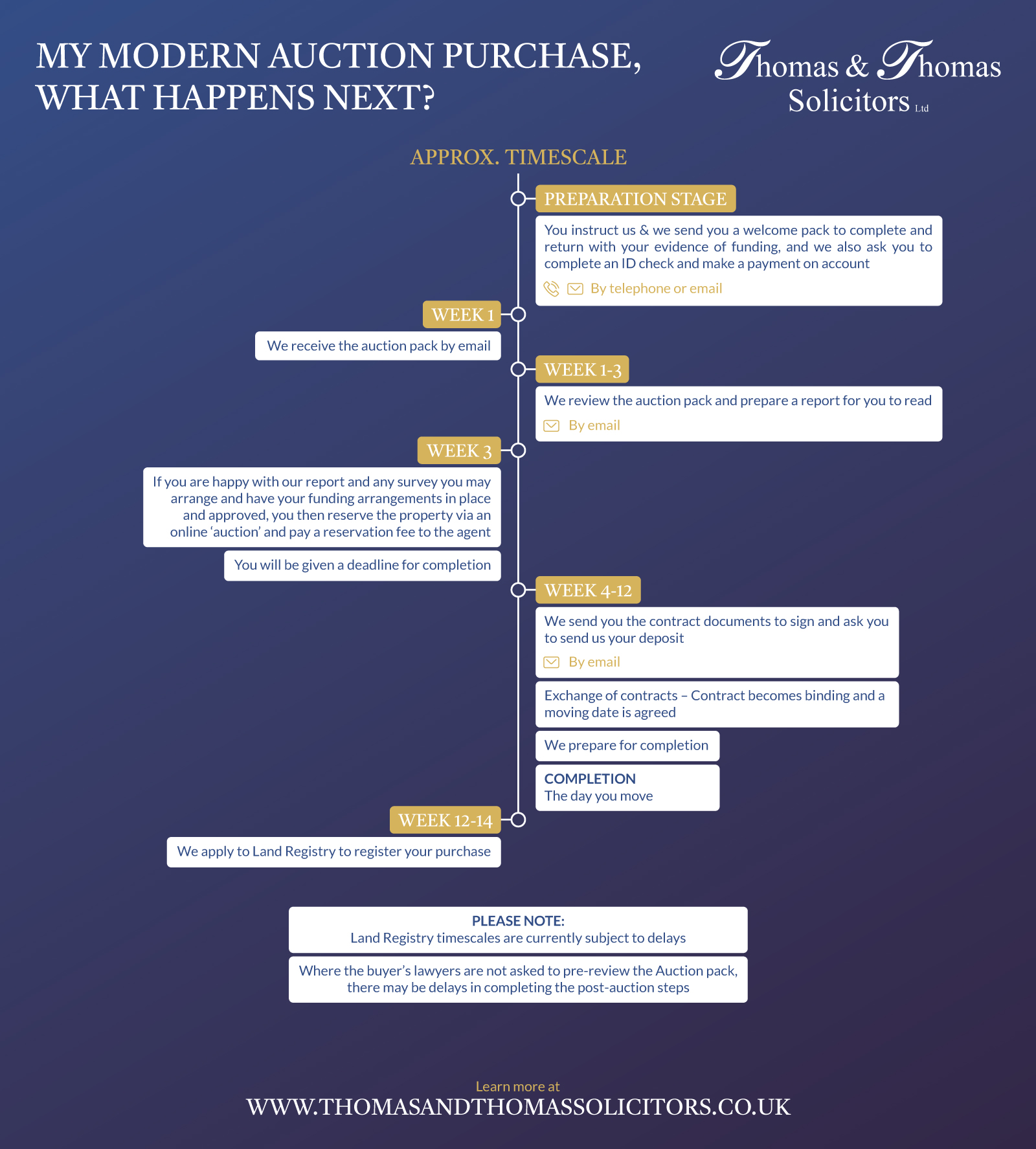By Jess Key, Trainee Solicitor
Introduction
Maintaining healthy cash flow is critical to protecting any business so when a customer doesn’t pay for the products and services provided, and as agreed contractually, it can cause significant worry and stress. Sometimes the customer is unresponsive and hard to reach taking up your valuable time chasing up unpaid bills. However, help is at hand with legal steps available to help recover debt owed to you and your business, leaving you to focus on running your company instead of pursuing debtors.
What is Debt Recovery?
Debt can be owed by individuals or businesses such as when a payment for a provided service or loan remains unpaid. Recovering this debt involves securing these outstanding payments and can be handled by the original lender, an inhouse debt collection team or an external specialist like a solicitor, specialising in debt recovery.
Why use a Solicitor for Debt Recovery?
Recovering debt can be a time consuming, sensitive and personal matter, especially when chasing up money from customers you may have a long-term relationship with.
Using a solicitor not only frees up a business owner’s time, but a solicitor’s professional handling of the situation can also help to avoid damaging relationships with customers.
Their formal approach also signals to the debtor the seriousness of the matter, which can result in prompt payment. Meanwhile, their vast knowledge of the laws around debt recovery, from pre-legal to legal action, means they know the formal steps to take before initiating legal proceedings, including negotiation and mediation options.
Finally, solicitors often use a variety of approaches that may not be available to businesses and individuals on their own such as expressing court action or statutory demands. They also have the power to initiate litigation and enforce judgments, such as obtaining court orders or arranging for bailiffs.

The Legal Process to Debt Recovery
Depending on the individual circumstances of the case, a solicitor may use the following legal steps to recover unpaid bills from a debtor. It’s important that the debt recovery process follows Pre-Action Protocol, starting with a Letter Before Action.
Letter Before Action (LBA) – Initially, a solicitor will send a final reminder letter to the debtor called a Letter Before Action (LBA), serving as a final warning to the debtor of the outstanding debt and the consequences if payment is not made. This letter needs to include details of the debt, payment instructions and provide a reasonable deadline by which the debt needs to be paid. You can also offer a ‘payment plan’ if suitable for the circumstances. The purpose of this letter is to avoid legal action.
Legal action – If the debtor is still not responding to the LBA, or any settlement discussions are ultimately unsuccessful, then it may be that legal action is the only way forward to receiving a response or recovering the money. Issuing a County Court Claim form is the first step. The court then sends back a ‘Response Pack’ for ways in which the debtor can reply. It’s important to ensure there are no errors in these forms at this stage.
Particulars of Claim – The creditor also needs to include the basis of the claim (the Particulars of Claim), which specifies the debt owned, the reason for the unpaid amount, and any interest on the amount being claimed. It’s again important to ensure the Particulars of Claim is clear and contain the correct amount of detail otherwise it could be returned by the court, delaying matters.
Alternative Dispute Resolution (ADR) – If the debtor or creditor fail to agree on the existence, the amount, the enforceability, or any other aspect of the debt, then these parties should go down the route of Alternative Dispute Resolution (ADR) rather than resorting to going straight to court. These include mediation, whereby parties aim to negotiate a settlement with the guidance of a qualified civil mediator, and arbitration, where all parties put forward their cases to a qualified arbitrator who weighs up the evidence and makes a decision on the outcome of the dispute.
Recovering debt can be a complex journey, with many routes to take to retrieve those funds depending on the specific circumstances of the case and the contractual agreement between the creditor and debtors. It’s not a one sized-fits all process and can come with twists and turns along the way. However, having a solicitor by your side to guide you all the way will ensure you get the best possible outcome and free up your time to focus on driving your business forward.
To find out more on how we can help you recover debt, contact the Thomas & Thomas Solicitors team here today.










